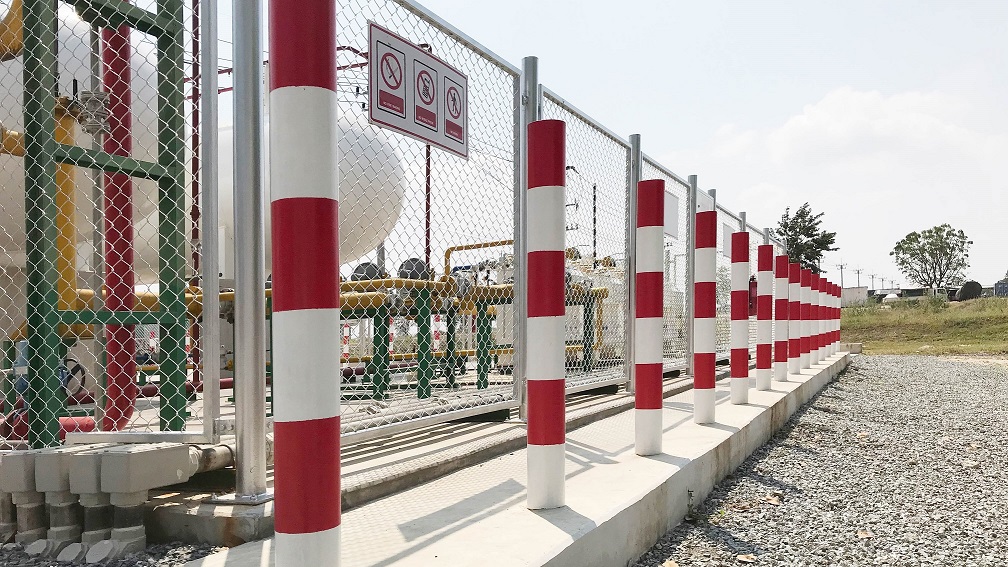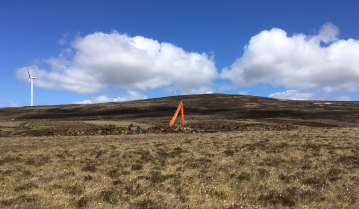DSEAR Regulations – How can DSEAR help your organisation control the risk associated with dangerous substances?
3rd August 2022

Certain chemicals used in the workplace have long been recognised for their potential to result in significant fires or explosions. To provide a structured and consistent approach, the Dangerous Substances and Explosive Atmospheres Regulations (DSEAR) were fully introduced in the United Kingdom in 2003. These regulations ensure that employers adopt appropriate prevention, control and mitigation measures to minimise the risk of fire, explosion and energy-releasing events caused by dangerous substances in the workplace.
In 2015, DSEAR was expanded to cover the hazards associated with pressurised gases, whether flammable or not, and substances that are corrosive to metal in addition to flammable, oxidisers, explosives and combustible dusts already classified as “dangerous substances” under DSEAR. While this has brought more sites into the scope of DSEAR, existing sites are also encouraged to review their control measures and ensure they have an up-to-date risk assessment in place!
Furthermore, in 2016, an update to the Chemical Labelling and Packaging (CLP) Regulations implemented changes to the classification criteria for flammable liquids, resulting in diesel, gas oil and light heating oils now being classified as flammable liquids. Therefore, employers using these fuels should also consider these activities within their DSEAR risk assessment.
It is important to note that DSEAR legislation naturally applies to a wide range of industrial and commercial sectors and processes. Some examples of sectors which routinely use substances falling under DSEAR include the following:
- Food Manufacturing – ammonia refrigeration, explosive powder handling (i.e. flour, spices).
- Distilling – production and storage of flammable ethanol.
- Engineering – acetylene and natural gas welding processes, compressed gas use.
- Metal Processing – widespread use of flammable solvents, powder/plasma paint booths.
- Wood Processing – generation of explosive wood dust.
- Oil, Gas and Petrochemicals – The use or storage of refined hydrocarbons including LPG, kerosene and diesel used as a fuel source.
- Clean Energy – hydrogen generation, storage and use and BESS.
- Pharmaceutical – manufacturing of compound based on solvents and organic powders.
DSEAR was created to provide a regulatory framework required at the time by the EU but also to ensure consistency with other existing UK Health and Safety Regulations. DSEAR compliance requires employers to ensure they have completed all of the following activities:
- Assess the risk to people whose safety may be affected by the use or presence of dangerous substances.
- Apply a hierarchy of control measures to minimise the risks presented by these substances.
- Complete an area classification exercise which identifies hazardous areas, to a recognised international standard.
- Where hazardous areas are identified, apply additional measures to minimise the risk of an explosive atmosphere occurring, the likelihood of ignition, and the severity of the consequences should a fire, explosion or accident occur.
- Implementation of a plan to deal with accidents, incidents and emergency.
- Provide an appropriate level of information, instruction and training on DSEAR risks, control measures and response procedures to their employees, contractors and visitors.
- Clearly identify pipes, tanks and containers which contain dangerous substances.
Successful completion of the above activities will go a long way towards identifying, minimising and controlling the risk associated with the handling of dangerous substances and your demonstration of DSEAR compliance at your organisation.









 Previous
Previous 
